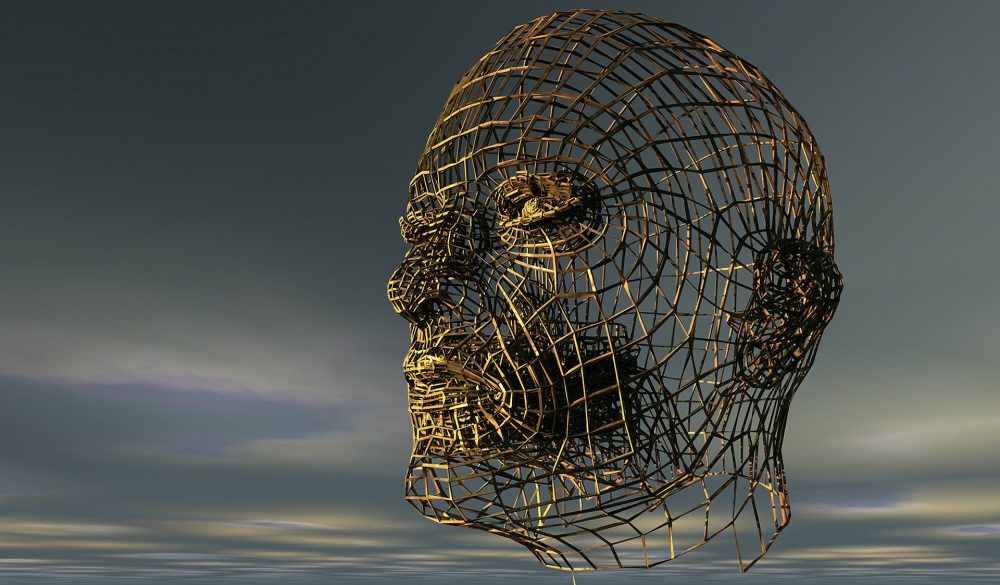Headaches are common. In fact almost everyone would have experienced one at some stage, especially as part of a cold or other viral illness. Approximately 30 -40% of people suffer from recurring headaches. The vast majority of those suffer from Tension-Type headaches or Migraines, the two most common types of recurring headache.
Tension-Type headaches (TTH) tend to be mild to moderate in severity, on both sides of the head and are often associated with muscle tenderness in the neck and shoulders. Descriptions of TTH pain involve words or phrases such as “dull,” “pressure,” head fullness,” “band-like,” or “a heavy weight on my head or shoulders”. TTH pain is one of the most common reasons over-the-counter pain relief is purchased. Stress and mental tension are common triggers but poor posture at home, work, or when driving, prolonged exposure to bright lights or loud noise and fatigue can all play a role.
Treatment for TTH is usually limited to simple analgesia such as paracetamol, aspirin or ibuprofen. Non-drug treatments such as heat pack, correcting posture and massage may also help. It is important not to over use pain relief (stick to the recommended dose for a short period of time) as analgesia overuse is actually another cause of headache!
The next most common form of headaches is migraine headaches. They affect approximately 15% of females and 7% of males and can be debilitating. Migraines often include non-specific symptoms prior to the headache such fatigue or neck stiffness. Occasionally there may be an ‘aura’ such as visual disturbance or sensitivity to noise or light. Shortly after this the migraine headache begins. It is typically on one side of the head, is throbbing or pulsatile and increases in intensity over one to several hours. Often there is nausea and even vomiting associated with it.
Treatment for migraines usually involves simple analgesia combined with stronger pain relief, and anti-nausea or migraine specific medication. This treatment needs to be tailored for the individual so is best discussed with your doctor.
There are many other types or causes of headaches however they are less common. Mostly headaches can be self-managed but if you have any of the following it would be advisable to seek a medical opinion:
- Your headache comes on suddenly, quickly becomes severe, or could be described as “the worst headache of your life”
- You have a fever or stiff neck with your headache
- You also have a seizure, personality changes or confusion, or you pass out
- Your headache began right after you exercised or had a minor injury
- You have new headaches, especially if you are pregnant or older than 50
- You have weakness, numbness, or trouble seeing (migraine headaches can sometimes cause these symptoms, but you should be seen right away the first time these symptoms happen)
This article has been written by Dr Phil Marmion

